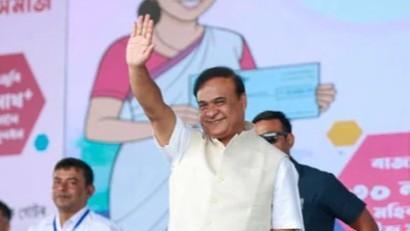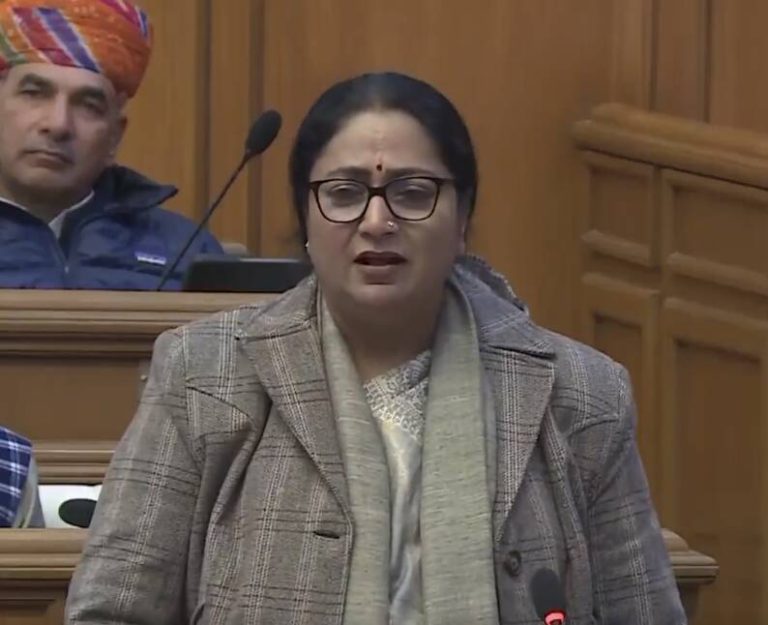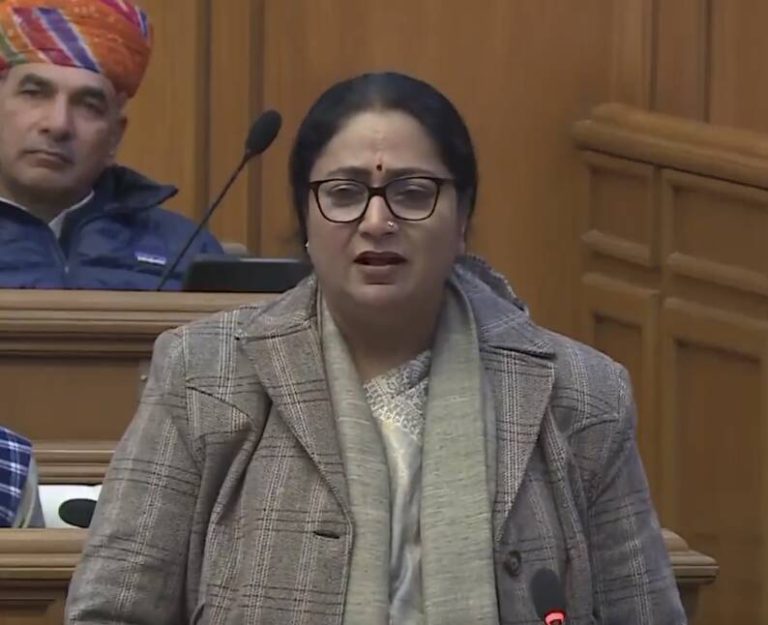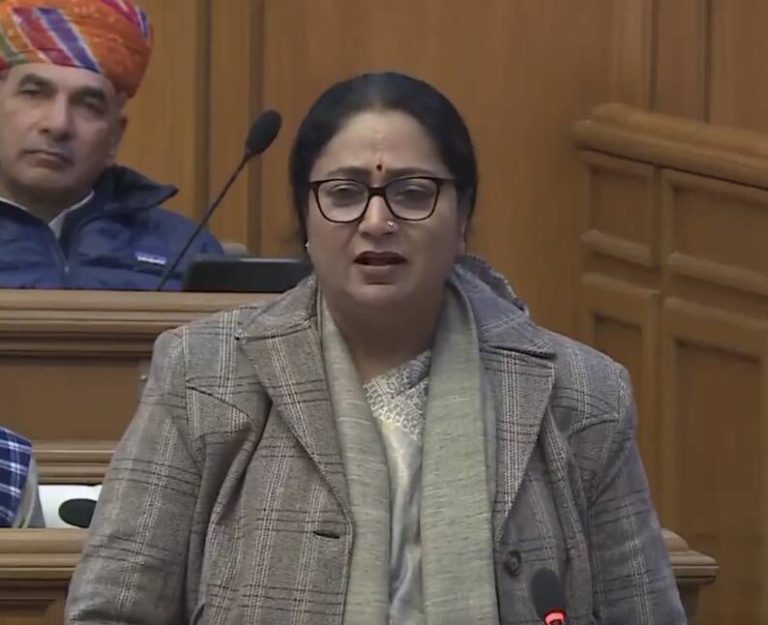
Assam CM helped Nitish work out ₹10,000 for women scheme: Report
In a significant development, it has been reported that the Chief Minister of Assam, Himanta Biswa Sarma, played a crucial role in helping the Nitish Kumar government in Bihar devise a scheme to provide ₹10,000 to women. According to sources, a large part of the credit for this initiative goes to Sarma, who sent his bureaucrats to Bihar five months ago to share the ‘Jeevika ₹10,000 model’ with the state’s officials. This model was later incorporated into the Mukhyamantri Mahila Rojgar Yojana, a scheme aimed at promoting women’s employment and empowerment in the state.
The report suggests that the Nitish Kumar government had requested the Assam government to share its expertise and experience in implementing the ‘Jeevika ₹10,000 model’, which has been successfully implemented in Assam. Sarma, who has been at the forefront of implementing various welfare schemes in his state, agreed to send his team of bureaucrats to Bihar to make a presentation before the state’s officials. The presentation highlighted the key features and benefits of the ‘Jeevika ₹10,000 model’, which was later adapted and incorporated into the Mukhyamantri Mahila Rojgar Yojana.
The Mukhyamantri Mahila Rojgar Yojana is a flagship scheme of the Nitish Kumar government, aimed at providing financial assistance to women in the state to promote their employment and entrepreneurship. The scheme provides ₹10,000 to women who wish to start their own businesses or pursue self-employment opportunities. The scheme is expected to benefit thousands of women in the state, who will be able to use the financial assistance to pursue their entrepreneurial dreams and become financially independent.
The role of Himanta Biswa Sarma in helping the Nitish Kumar government devise this scheme is significant, as it highlights the growing cooperation and collaboration between different state governments in the country. In recent years, there has been a growing trend of states sharing their expertise and experience with each other, with the aim of promoting good governance and effective implementation of welfare schemes. The cooperation between the Assam and Bihar governments is a notable example of this trend, and is expected to have a positive impact on the lives of thousands of women in Bihar.
It is worth noting that the ‘Jeevika ₹10,000 model’ has been successfully implemented in Assam, where it has benefited thousands of women. The model provides financial assistance to women who wish to start their own businesses or pursue self-employment opportunities, and has been hailed as a major success story in the state. The fact that the Nitish Kumar government has adapted and incorporated this model into its own scheme is a testament to the effectiveness of the model, and the willingness of state governments to learn from each other’s experiences.
The report also highlights the growing reputation of Himanta Biswa Sarma as a leader who is committed to promoting good governance and effective implementation of welfare schemes. Sarma, who has been the Chief Minister of Assam since 2021, has been at the forefront of implementing various welfare schemes in his state, including the ‘Jeevika ₹10,000 model’. His willingness to share his state’s expertise and experience with other states is a notable example of his commitment to promoting cooperation and collaboration between different state governments.
In conclusion, the report that the Assam CM helped the Nitish Kumar government work out the ₹10,000 scheme for women is a significant development that highlights the growing cooperation and collaboration between different state governments in the country. The role of Himanta Biswa Sarma in helping the Nitish Kumar government devise this scheme is a notable example of his commitment to promoting good governance and effective implementation of welfare schemes. The Mukhyamantri Mahila Rojgar Yojana is expected to have a positive impact on the lives of thousands of women in Bihar, and is a testament to the effectiveness of the ‘Jeevika ₹10,000 model’ that has been successfully implemented in Assam.





